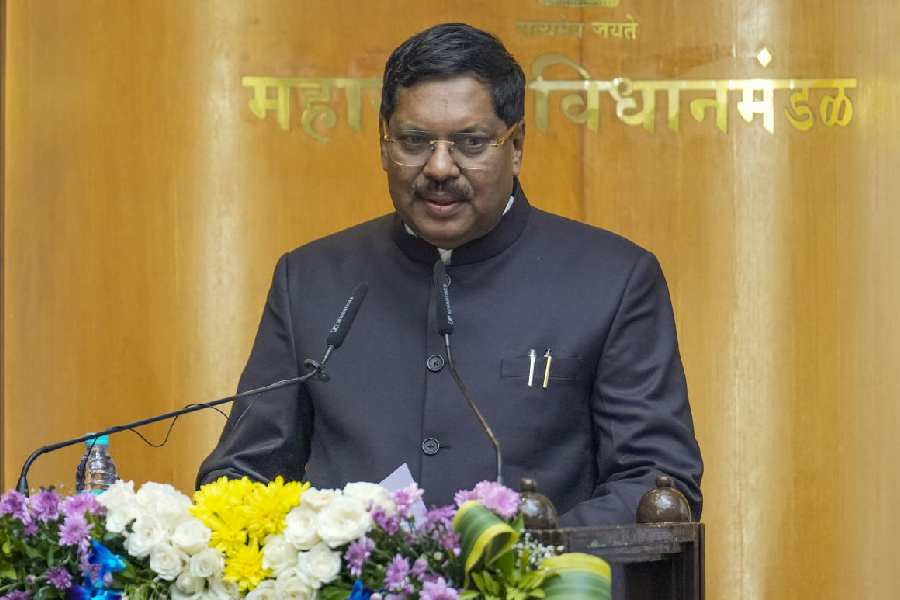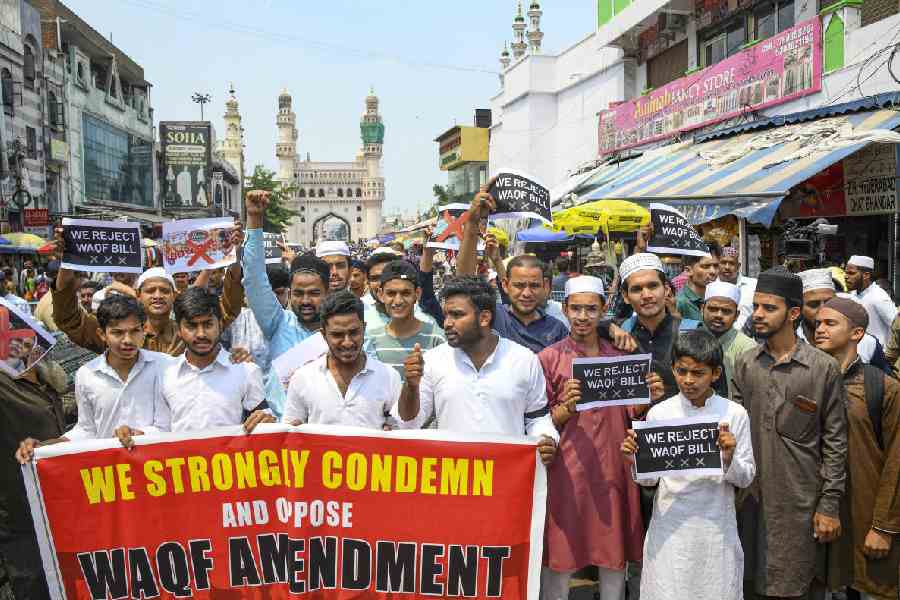The Supreme Court on Monday passed interim directions upholding the Waqf Amendment Act, 2025, as constitutionally valid but stayed provisions that imposed stringent conditions on making waqf endowments, made it easier to declare a property non-waqf, and allowed waqf panels to be stacked with non-Muslims.
However, the central government, too, had reason to smile. The apex court upheld the requirement for all waqf properties to be registered, and allowed the abolition of the practice of “waqf by user” — a property being deemed waqf if being used in that capacity even without a formal registration or document.
One of the provisions stayed mandated that anyone making a waqf (Islamic religious or charitable) endowment must prove they had been practising Islam for at least five years.
The top court also stayed the provision allowing designated government officials to declare properties as non-waqf, saying such powers rested with state-level tribunals or high courts.
It also stayed the appointment of more than four non-Muslims to the Central Waqf Council and more than three non-Muslims to the state waqf boards.
The bench of Chief Justice B.R. Gavai and Justice Augustine George Masih, however, clarified that these were interim directions and that the parties were free to raise any question when the detailed hearing took place.
The court is dealing with a batch of petitions moved by various Muslim individuals and organisations challenging the amendment act as unconstitutional and saying it encroaches on Muslims’ religious rights.
Some of the key directions, authored by Justice Gavai:
- The requirement for the waqf donor to prove “that he is professing Islam for at least five years” will remain stayed until the state government frames rules to provide a mechanism to determine whether or not the person has been practising Islam for at least five years.
- Also stayed is the part that says “such property shall not be treated as waqf property till the designated officer submits his report”.
- n Unless the ownership of a waqf property is finally decided by a tribunal or high court, it cannot be declared non-waqf or sold to any third party.
- The Central Waqf Council shall not have more than four non-Muslims among its 22 members, and no state waqf board shall have more than three non-Muslims among its 11 members.
- An effort should be made to appoint the chief executive officer of a state waqf board from the Muslim community, although no stay is being granted on the provision that allows non-Muslims to hold the post.
- These observations will not prevent the parties to the dispute from making submissions relating to the validity of any of the provisions of the amended act.
The Centre received a huge boost, too.
“Right from 1923, in all the enactments we have referred to, there was a requirement of registration of waqfs. We are, therefore, of the view that if mutawallis (trustees or managers of waqf endowments) for a period of 102 years could not get the waqf registered, as required under the earlier provisions, they cannot claim that they be allowed to continue with the waqf even if they are not registered,” the apex court said.
The court added: “…Further, if the legislature, on noticing misuse of the waqf properties, finds that after the enactment of the impugned Act all such applications should be accompanied by a copy of the waqf deed, the same cannot be said to be arbitrary.”
It added: “…We are also of the view that if the legislature, in 2025, finds that on account of the concept of ‘waqf by user’, huge government properties have been encroached upon and to stop the said menace, it takes steps for deletion of the said provision, the said amendment, prima facie, cannot be said to be arbitrary.
“If the legislature finds that the concept of ‘waqf by user’ has to be abolished and that too prospectively, in our view, the same cannot prima facie be said to be arbitrary.”
The apex court cited the solicitor-general’s assurance that any such move would not apply retrospectively.
“Therefore, the contention of the petitioners that the lands vested in the waqfs would be grabbed by the government prima facie holds no water,” it added.











